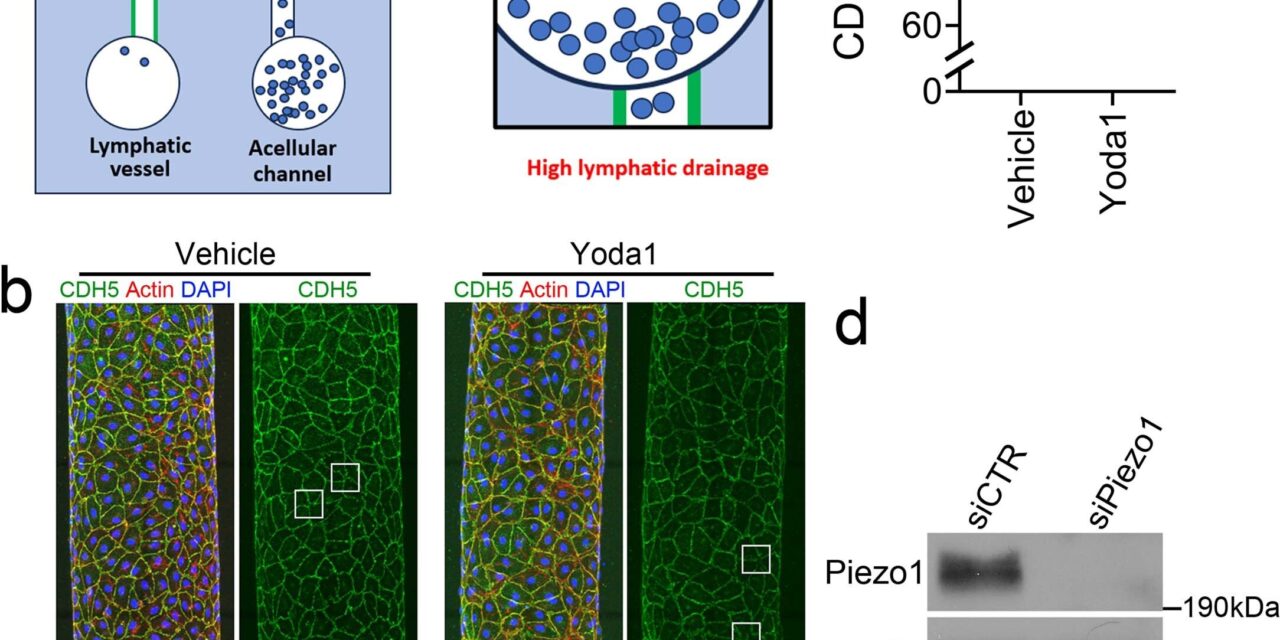In a remarkable development at the Keck School of Medicine of USC, a team led by Young-Kwon Hong, Ph.D., has unveiled a potential game-changer in the treatment of neurological disorders. Their research, published recently in Nature Neuroscience, introduces a novel drug designed to enhance the brain’s natural drainage system, crucial for combating diseases like Alzheimer’s, Parkinson’s, and hydrocephalus.
Dr. Hong, Chief of Basic Science Research at the Department of Surgery, explained the significance of their findings. “The brain, much like the body, relies on a lymphatic system to remove waste and fluids. When this system falters, it leads to accumulation of harmful substances, contributing to diseases such as Alzheimer’s and Parkinson’s.”
Hydrocephalus, a condition characterized by excessive fluid buildup within the brain, poses severe risks, especially in children whose skulls are still developing. In adults, it can lead to debilitating symptoms ranging from headaches to cognitive impairment.
The breakthrough hinges on a drug developed by Dr. Hong’s team that effectively expands the lymphatic vessels in the brain, facilitating faster drainage of fluids and cellular debris. “Imagine upgrading from a narrow pipe to a wider one in a clogged sink,” Dr. Hong illustrated. This approach not only addresses the root cause of fluid buildup but also holds promise for alleviating symptoms associated with neurodegenerative diseases.
The inspiration for Dr. Hong’s groundbreaking research came unexpectedly from his community. Moved by a congregation member’s harrowing experience with hydrocephalus, which resulted in sudden vision loss, Dr. Hong felt compelled to apply his expertise in surgical research to neuroscience for the first time. “It was a spiritual calling,” he reflected, underscoring the personal and profound motivation behind his scientific journey.
With this initial success, Dr. Hong and his team are optimistic about advancing their research to clinical applications, potentially transforming the lives of millions worldwide. “This is a perfect blend of science and faith,” Dr. Hong emphasized, highlighting the serendipity and purpose driving his team’s groundbreaking work.
As they forge ahead, the implications of their research resonate with hope, offering a glimpse into a future where debilitating neurological conditions may be effectively managed or even prevented.
For further details on Dr. Hong’s research, refer to the publication in Nature Neuroscience (March 2024).












